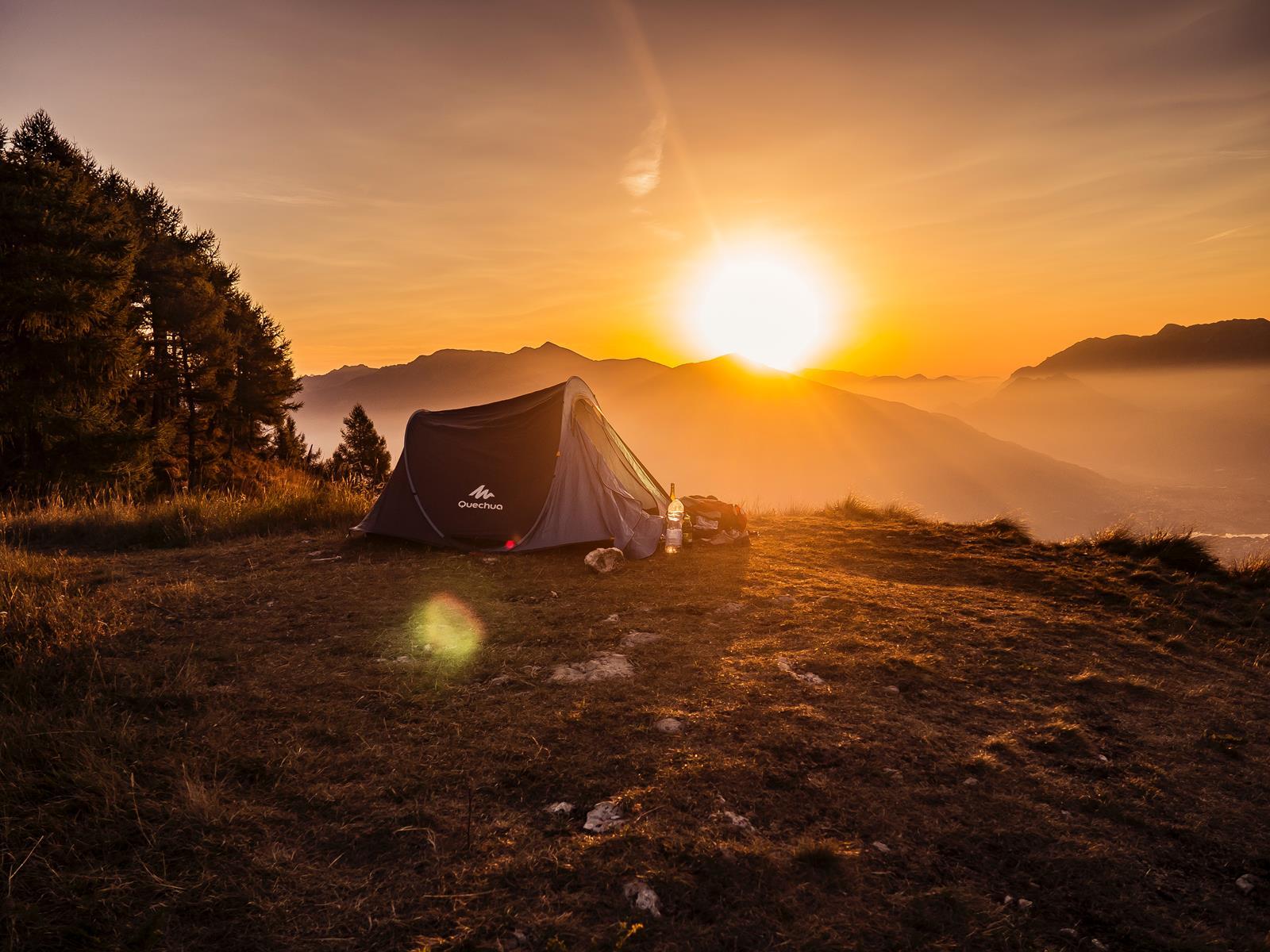Every year, as spring and summer breaks roll around, college students everywhere begin planning exciting new adventures that will take them as far away from the books as possible. If you are planning a backcountry camping trip this year, perhaps you should take enough time to understand just how different this sort of camping is from the campgrounds your parents probably took you to as children.
Sometimes referred to as “primitive camping,” backcountry camping is as close as it gets to survivalist living and who knows what the future may hold! There may come a time when you need to learn to survive out in the wilderness without digital communications or electricity. Check out the following tips to ensure you have a fun adventure with a steady eye on safety.
1. Prepare a Checklist of MUST HAVE Gear
Call it what you will, the gear you bring along on a backcountry camping trip is actually going to be survival gear because you will be in an area without any amenities whatsoever. There will probably be little cell phone or internet connectivity and there certainly won’t be electricity, running water or toilet facilities. If you have all that, it’s just basic camping in a campground and who wants to do that? That’s no fun at all! So then, what should you pack? Most seasoned survivalists suggest that you bring a minimum of:
- Tent
- Sleeping bag and sleep pad
- Flashlight
- Cigarette lighter
- Map
- Food rations
- Drinking water / hydration system
- Layers of clothing
- Pocket knife – preferably like a Swiss army knife
- First aid kit
Those are the MUST HAVE items but there is so much more you ‘could’ pack if you can fit it in a backpack. Remember, when you are camping in the backcountry you will probably be hiking through areas where there are limited trails or roads. What you have available will be limited to what you can carry, so keep it light!
2. Make a Few Vital Preparations Before You Leave
It can’t be said enough that backcountry camping is unlike anything you’ve ever experienced before. Therefore, some of the preparations you ‘should’ make before going on any trip or vacation are a necessity prior to leaving for parts unknown. Always make sure you thoroughly research the area where you will be camping. If there are any known dangers, make sure you are ready to face them should the need arise. For example, some wilderness camping will bring you into native habitats of wild animals that don’t take kindly to humans invading their territory. Black bears can be ferocious as can mountain lions. However, bears just might be the greater risk of the two – unless you bring a dog, that is!
Also, never set out for a backcountry camping trip without leaving accurate information behind with a friend, neighbor or family member. Anything can happen out there and if you aren’t heard from on the date you are expected to return or at intervals when you’ve set up communications, there will be someone who knows where you are (approximately) for search and rescue should it be needed. Too many campers have found themselves injured or in severe weather and no one knew they were in danger or how to get help to them.
3. Bring Along a Communication Device
A true survivalist would probably laugh at the idea of carrying along a cell phone, but you are not really a survivalist. You’re a college student on a backcountry camping trip so it’s vital that you carry along a way to communicate with the outside world. In the event of an emergency, you can call someone who can lock onto your GPS coordinates to send help if needed.
The only problem with bringing along a cell phone is going to be your temptation to use it for entertainment. Although it is recommended that you bring a communication device, understand that you will probably also need to carry a solar powered battery charger. Even turned off, those devices don’t hold a charge for extended periods of time and wouldn’t it be just your luck to have that one device with limited hold power?
4. Camp in Pairs or Groups
While you may be tempted to set off on your own because you simply want to get away from it all, is that really a wise decision? Unless you are a seasoned survivalists with many hundred (if not thousands!) of hours spent in the wilderness, remember the cardinal rule you were taught as kids – safety in numbers.
If this is your first trip into the backcountry, perhaps you’d like to invite a friend who has been on a camping adventure like this before. It never hurts to learn some tips and tricks from a seasoned camper and there may come a time you are happy for the company. What if you should get injured or perhaps suffer an allergic reaction to some vegetation you encounter on the trails? That friend may just be a lifesaver, seasoned camper or not!
A Few Closing Remarks
This brings to mind that first aid kit you are advised to carry. One of the items in that kit should be an EpiPen. Too many times new campers and hikers encounter vegetation they are extremely allergic to and nothing short of a shot of epinephrine will help them avoid anaphylactic shock. This is also why you should use the buddy system, bringing along a friend who can get a phone out and call for help.
It might be wise to take it easy your first time out. Don’t venture so far out into the backcountry that you can’t get back to civilization should the need arise or for help to reach you during an emergency. Planning is going to be critical for a backcountry camping adventure so start early. Get all the resources you can to ensure you have all your preparations in place before leaving. Remember, even the best laid plans can go awry, so be ready for that unexpected event. You can never be too prepared.






